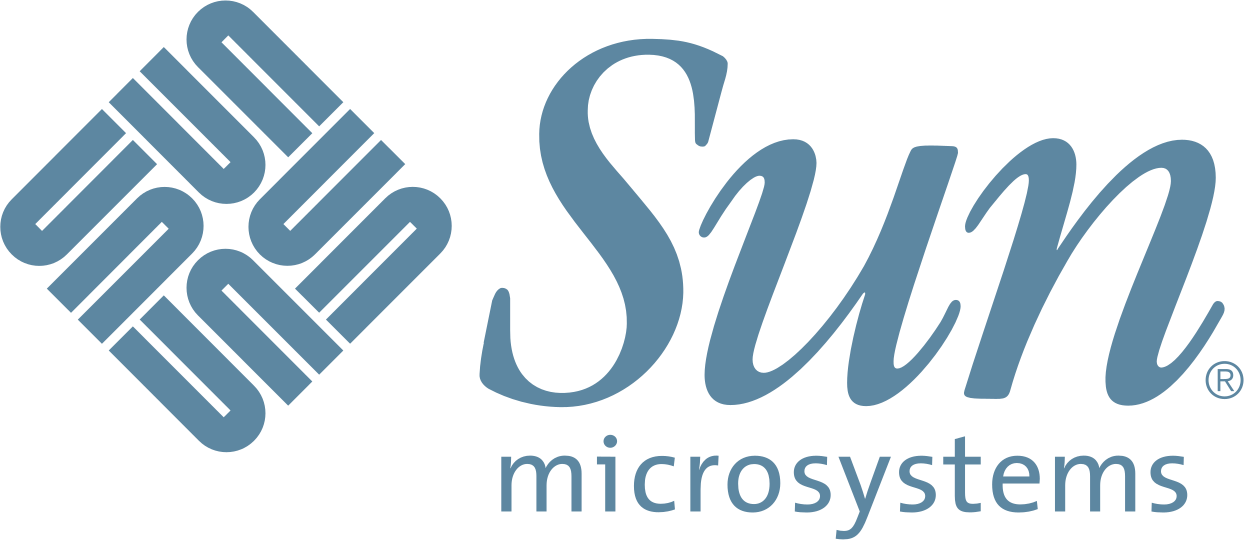Are you tired of waiting for your WordPress website to load? Slow-loading websites can drive away potential visitors and hurt your online presence. But fear not! In this ultimate guide, we will unravel the secrets to checking your WordPress website speed and provide you with invaluable tips on how to optimize it. Get ready to turbocharge your site’s performance and leave your competitors in the dust!
Introduction to WordPress Website Speed
WordPress websites are known for being fast and lightweight. However, as your website grows and becomes more complex, there are a number of factors that can impact your website’s speed. In this guide, we’ll introduce you to the concept of website speed and show you how to test and improve the speed of your WordPress website.
What is Website Speed?
Website speed is the measure of how quickly a web page can be loaded and displayed by a web browser. It is important because it impacts the user experience of your website visitors – if a page takes too long to load, people are likely to give up and go elsewhere. Google also uses page speed as a ranking factor in its search results, so it’s important to make sure your site is as fast as possible.
How to Test Your WordPress Website Speed?
There are a number of tools that you can use to test the speed of your WordPress website. We recommend using Google PageSpeed Insights or Pingdom Tools. Both tools will give you an overview of how your website is performing and provide recommendations on how to improve your site’s speed.
How to Improve Your WordPress Website Speed?
There are many ways that you can improve the speed of your WordPress website. Some common methods include:
– Optimizing images
– Minifying CSS and JavaScript files
– Installing a caching plugin
– Using a content delivery network (CDN)
For more detailed instructions on
How to Check Your WordPress Website Speed?
The average person expects a website to load in two seconds or less.
If your WordPress website is loading slowly, it’s important to find out why. Not only will a slow website frustrate your visitors, but it can also hurt your search engine ranking.
Fortunately, there are a few easy ways to check your WordPress website speed. In this article, we’ll show you how to use three different tools to test your site’s loading time and performance.
First, let’s take a look at how website speed is measured. Then we’ll show you how to use three different tools to check your WordPress site speed.
Website Speed Measurement
When it comes to measuring website speed, there are two important factors: page load time and page size.
Page load time is the amount of time it takes for a page to fully load in a web browser. This includes everything from the time it takes for the initial HTML code to load to the time it takes for all images and other elements on the page to finish loading.
Page size is the total amount of data that needs to be loaded in order for a page to be displayed in a web browser. This includes everything from the HTML code to all images and other elements on the page.
Both page load time and page size are important when it comes to website speed. A fast website should have both a short page load time and a small page size.
What Factors Affect WordPress Website Speed?
There are many factors that can affect your WordPress website speed. Here are some of the most common:
1. Web hosting – Your web hosting provider can have a major impact on your site speed. If you’re using a shared host, your site will be sharing resources with other sites on the same server, which can slow things down. Consider upgrading to a VPS or dedicated server if you want better performance.
2. WordPress theme – Some themes are faster than others. If speed is important to you, look for a lightweight theme that’s been optimized for performance.
3. Plugins – Plugins can add features and functionality to your site, but they can also slow it down. Choose plugins carefully and only install those that you really need. Keep an eye on your plugin usage and get rid of any that you’re not using anymore.
4. Image size – Large images can take longer to load, so make sure to optimize them for the web before uploading them to your site. You can use an image editing program like Photoshop or GIMP to resize and compress your images before uploading them.
5. Database optimization – A well-optimized database can help improve your site speed by reducing the amount of time it takes to access information from the database. You can optimize your WordPress database manually or with a plugin like WP-DBManager or WP Optimize DB.
Tips for Improving Your WordPress Website Speed
There are a few key things you can do to improve your WordPress website speed. First, make sure you’re using a good quality hosting provider. A good host will have servers that are optimised for WordPress websites and can help your website run faster.
Secondly, use a caching plugin. Caching plugins create a static version of your website so that pages load faster for visitors. There are many great caching plugins available for WordPress, so experiment with a few to see which one works best for your site.
Thirdly, minify your CSS and JavaScript files. Minifying these files helps reduce their size and thus speeds up loading times. You can use a plugin like Autoptimize to minify your CSS and JavaScript files automatically.
Fourthly, make sure you’re using an efficient theme. Some themes are very heavy and can slow down your site significantly. If you’re not happy with your current theme, switch to a lighter one that will improve your site speed.
Keep your WordPress installation up to date. Newer versions of WordPress are usually faster than older ones, so it’s important to keep yours updated. Update not only WordPress itself but also all the plugins and themes you’re using on your site.
Tools and Plugins for Optimizing Your WordPress Website Speed
There are a number of tools and plugins available that can help you optimize your WordPress website speed. Here are some of the most popular:
-W3 Total Cache: This caching plugin is designed to improve the performance of your WordPress website by caching static files and eliminating database queries.
-WP Super Cache: This caching plugin generates static HTML files from your dynamic WordPress site. It is designed to provide faster page load times for your visitors.
-Autoptimize: This plugin optimizes your HTML, CSS, and JavaScript code to improve the loading speed of your pages.
-Lazy Load: This plugin delays the loading of images on your pages until they are needed, which can improve page load times.
-Smush Image Compression and Optimization: This plugin helps reduce the file size of images on your website, which can improve page load times.
Conclusion
We hope this article has helped you understand the importance of website speed and how to check your WordPress website. Website speed is a major factor in providing a good user experience, so it’s essential that you keep an eye on yours. By following our steps, you can easily monitor your WordPress website speed and make sure it stays optimized for optimal performance. Thanks for reading!






















